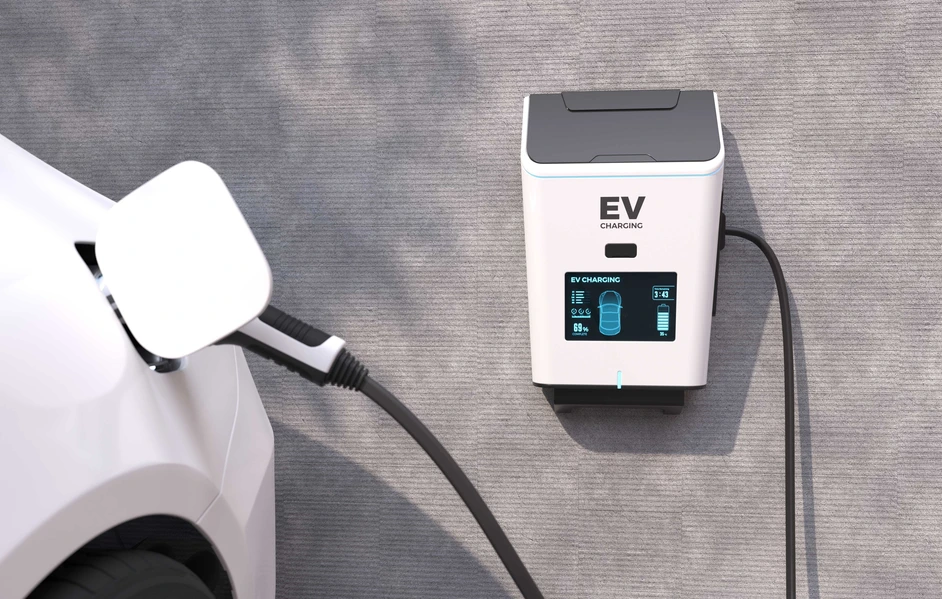In the rapidly evolving world of automotive technology, electric vehicles (EVs) and hybrids are at the forefront of a greener, more sustainable future. If you're considering purchasing a new car, understanding the benefits, range, and charging infrastructure of these vehicles is crucial. This blog aims to provide prospective buyers with a comprehensive overview of electric and hybrid vehicles, helping you make an informed decision.
Electric Vehicles (EVs): The Future of Driving
EVs are powered entirely by electricity, offering a cleaner alternative to traditional gasoline engines. Here’s what makes them stand out:
Environmental Benefits:
- Zero Emissions: EVs produce no tailpipe emissions, significantly reducing air pollution.
- Renewable Energy Compatible: They can be charged using renewable energy sources like solar or wind power.
Performance Benefits:
- Instant Torque: Electric motors provide instant torque, ensuring quick acceleration.
- Lower Maintenance Costs: With fewer moving parts than traditional engines, EVs generally require less maintenance.
Range and Charging:
- Increasing Range: Modern EVs offer ranges that are comparable to gasoline vehicles, with many models exceeding 200 miles on a single charge.
- Growing Charging Network: Public charging infrastructure is rapidly expanding, with fast-charging stations allowing drivers to recharge their batteries in under an hour.
Hybrid Vehicles: Best of Both Worlds
Hybrid vehicles combine a gasoline engine with an electric motor, offering a balance between traditional and electric technology.
Benefits:
- Fuel Efficiency: Hybrids use less fuel than conventional cars by utilizing electric power.
- Reduced Emissions: They emit fewer pollutants than standard gasoline vehicles.
- No Range Anxiety: With the gasoline engine, there’s no worry about running out of electric charge.
Types of Hybrids:
- Traditional Hybrids: These switch between an electric motor and a gasoline engine.
- Plug-In Hybrids (PHEVs): They can be plugged in to recharge their battery, offering a longer electric-only range before switching to gasoline.
Choosing the Right Vehicle for You
Consider Your Driving Needs:
- Daily Commute: If you have a short daily commute, a fully electric vehicle might be ideal.
- Long-Distance Travel: For longer trips, a hybrid may be more suitable due to its combined fuel and electric range.
Incentives and Rebates:
- Many regions offer tax incentives, rebates, and other benefits for purchasing EVs and hybrids, making them more affordable.
Future-Proofing:
- With the shift towards greener technology, choosing an EV or hybrid can be a future-proof investment.
Whether you opt for an electric vehicle with its zero-emission performance or a hybrid with its fuel efficiency and versatility, both choices represent a step towards a more sustainable driving future. As charging infrastructure continues to improve and ranges increase, EVs and hybrids are becoming ever more practical choices for all kinds of drivers. Before making your decision, consider your driving habits, the availability of charging stations in your area, and the incentives available. Happy eco-friendly driving!








